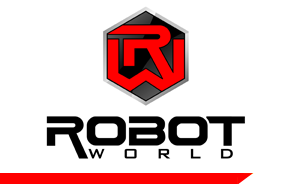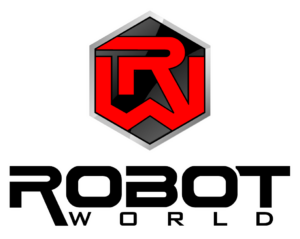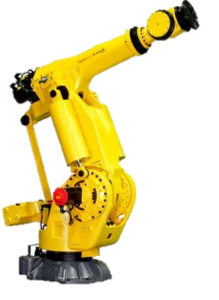Industrial robotics has revolutionized the manufacturing industry by increasing productivity and efficiency, while also reducing costs and improving product quality. The use of robots in manufacturing has also led to the creation of new jobs, as well as the upgrading of existing ones.
One of the main benefits of using industrial robotics in manufacturing is increased productivity. Robots are able to work at a much faster pace than humans and can operate around the clock without getting tired, resulting in a significant increase in output. Additionally, robots are able to perform tasks with a high level of precision and accuracy, leading to a reduction in defects and an improvement in product quality.
The use of industrial robotics also leads to cost savings for manufacturing companies. Robots are able to work at a lower cost per unit compared to human labor, and they do not require breaks or vacation time. This results in a reduction in labor costs, as well as an increase in profits for the company.
The adoption of industrial robotics in manufacturing has also led to the creation of new jobs, as well as the upgrading of existing ones. While robots are able to perform many tasks that were previously done by humans, they also require maintenance and programming, which requires skilled workers. This has led to the creation of new job opportunities in the field of robotics maintenance and programming. Additionally, the use of robots has allowed manufacturing companies to upgrade the skills of their workers, as they are able to focus on more complex tasks that require higher levels of expertise.
The use of industrial robotics in the manufacturing industry has increased significantly over the past decade due to the numerous benefits that they provide, such as increased productivity, cost savings, and the creation of new job opportunities. According to the International Federation of Robotics (IFR), the global market for industrial robots experienced strong growth between 2010 and 2020, with the number of installed units increasing by approximately 8% per year on average. In 2020, the global market for industrial robots reached a new record level, with approximately 437,000 units shipped. The Asia-Pacific region accounted for the largest share of global demand, followed by Europe and the Americas.
Industrial Robots have also allowed for the upgrading of existing jobs, as workers are able to focus on more complex tasks that require higher levels of expertise. Overall, the adoption of industrial robotics has had a positive impact on the manufacturing industry and will likely continue to do so in the future. For help with integrating robotics into your manufacturing process, consult an authorized integrator, they have the tools and expertise needed to fit the proper robot with the correct end of arm tooling (EOAT) to maximize efficiency and productivity in your facility. Robotworldautomation.com is an Authorized Fanuc Integration Partner located in Southeastern Michigan.



